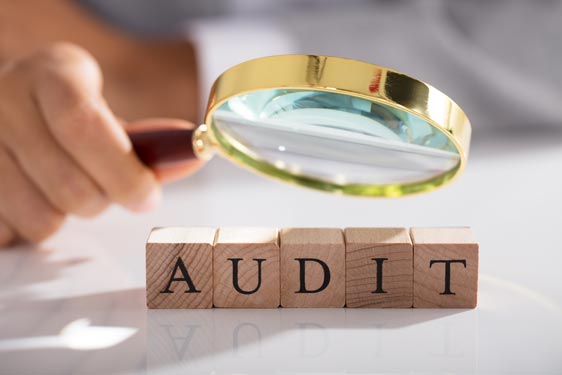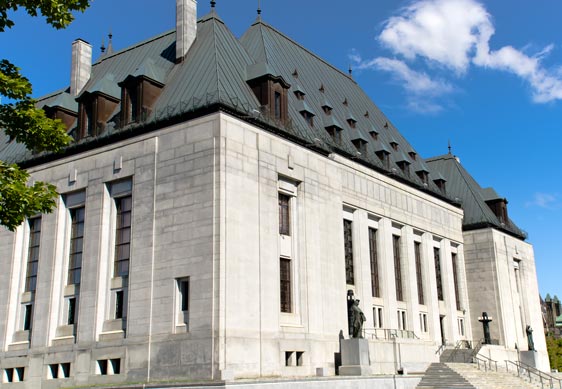
Audit
If you are selected for audit, depending on the circumstances, the tax department may perform either a desk audit or a field audit. With a desk audit, a tax auditor may request that you provide supporting documentation for specific issue regarding your tax return. A field audit usually involves a tax auditor official attending your premises and reviewing your records on site. A proposal letter and a notice of reassessment usually follow the audit, if the CRA is proposing adjustments to your filing position. The notice of reassessment will indicate the changes to the income and any interest/penalties owing.
Objections
If you disagree with a notice of reassessment, your next option is to file a Notice of Objection. The notice of objection is a document filed with the Chief of Appeals of your local district taxation office providing details as to why you disagree with the notice of assessment or reassessment as applicable. You have only a limited time frame for which you are eligible to file a notice of objection. If you delay and miss this time frame, you will not be eligible to appeal your case. For an individual, you have the later of 90 days from the filing of the notice of reassessment or one year from the due date of the tax return. For a corporation, you have to file a notice of objection within 90 days of the date of the assessment or reassessment notice.
Once the notice of objection is received by Canada Revenue Agency the appeals branch will provide an independent review of your situation. They may request additional information or an interview. After they have reviewed your case they will either issue a new reassessment notice or confirm the original assessment or reassessment.
Litigation
If you still don’t agree at this point, your next course of action is to appeal to the Tax Court of Canada. At this point we will file your notice of appeal, exchange documents, conduct discoveries, exchange undertakings, prepare for and argue the trial and any necessary motions. Many appeals are settled and settlement can be an equitable outcome for all parties. However, if the CRA simply got it wrong we will go to trial. This is where Ummat Tax Law excels: litigation strategy.

Taxpayer Relief
If you have been charged a penalty or interest, you may request to have the penalty and interest charges reversed. Canada Revenue Agency will, on occasion, reverse these charges. However, you must provide them with an exceptional reason why you were unable to comply with the law, resulting in the assessing of penalties and interest. If they deny your request, you can request a secondary review. If that is also unsuccessful, you can file an application for judicial review with the Federal Court.

Voluntary Disclosure
To encourage taxpayers to come forward, Canada Revenue Agency will often waive the penalties associated with late filing your tax return, not including all of your income in your tax returns or claiming ineligible expenses if you make a voluntary disclosure. You will still be charged interest and will have to pay any tax owing, but you may be able to avoid significant penalty charges. To qualify you must meet a number of criteria:
- You must initiate the contact with Canada Revenue Agency.
- There must be sufficient and complete information for the years under question.
- The CRA must be in a position to apply some type of penalty. The information being disclosed must be at least one year past due or less than one year past due where the disclosure is to correct a previously filed return.
If you decide to make use of the Voluntary Disclosure Program, you must make a written submission outlining the relevant details. If your submission is accepted, then you must pay the outstanding tax and interest amount or work out acceptable payment terms.

